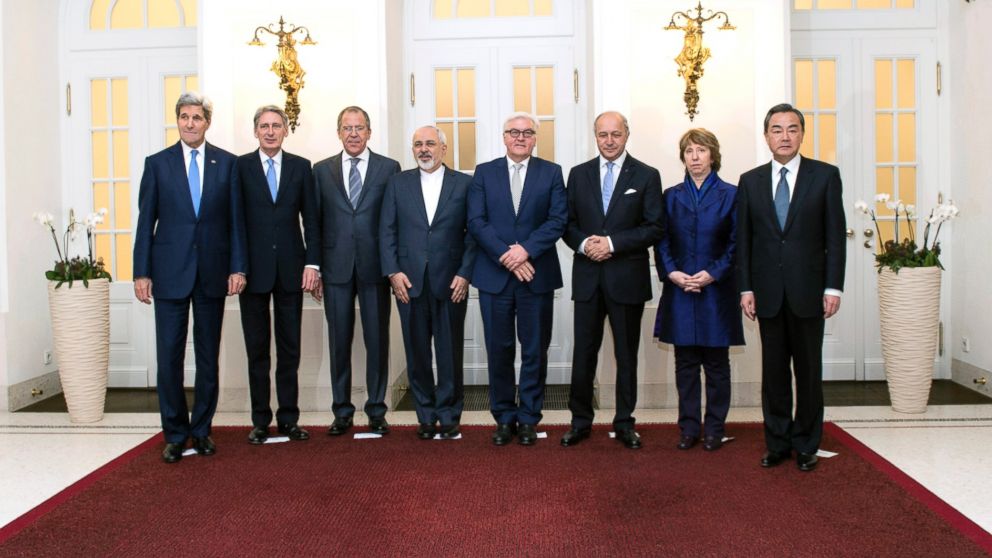Republicans Could Complicate Iran Extension
Kerry says negotiators have "earned the benefit of the doubt."

— -- Secretary of State John Kerry said today that he was confident President Obama and he could convince a skeptical Congress that an additional seven months of nuclear negotiations with Iran could lead to a deal they could support, but that confidence may be challenged by Congress.
“We have earned the benefit of the doubt,” Kerry said at a press conference in Vienna, Austria, just before getting on a plane back to Washington.
But back home on Capitol Hill, Republican critics of the administration’s position, bolstered by an incoming majority in both houses of Congress, seem to have already decided to take matters into their own hands to penalize the regime in Tehran if negotiations fail or lawmakers think whatever deal is reached is too weak.
Kerry said Congress should avoid passing judgment on the interim deal announced today until he’s able to brief top members behind closed doors, but that hasn’t stopped the GOP from flexing its soon-to-be-strengthened legislative muscles.
Sen. Bob Corker, R-Tenn., the ranking member on the Senate Foreign Relations Committee who will assume the gavel in the new session, released a statement after Kerry’s announcement indicating that Congress could vote on sanctions next year. He also insisted that Congress vote on any final deal before it can be implemented.
“With so much riding on these talks for the security of our nation and that of the region, Congress must have the opportunity to weigh in before implementation of any final agreement and begin preparing alternatives, including tougher sanctions, should negotiations fail,” Corker said.
The new extension would seek to reach an agreement on the broad political dimensions of a deal by March and work out the technical details by July 1. Iran is also still bound by an interim deal reached last year that froze its nuclear activity in exchange for limited sanctions relief.
A bill introduced early this year by Sens. Bob Menendez, D-N.J., and Mark Kirk, R-Ill., would have imposed additional sanctions on Iran if it walked away from negotiations or violated the terms of that interim deal, but Senate Majority Leader Harry Reid blocked senators from voting on it in February.
One of the concerns that prompted Reid to pull the bill was the administration's contention that holding a vote on additional sanctions before Iran did anything bad could scare off the Iranians from continuing to negotiate.
No such roadblock, however, will exist come January, something incoming majority leader Sen. Mitch McConnell, R-Ky., noted earlier this month. “What we ought to do, if we can’t get an acceptable agreement with the Iranians, is tighten the sanctions,” McConnell said, noting that while Reid prevented such a vote the last time, “that’s the kind of thing a new Senate would be voting on.”
Mark Dubowitz, executive director of the Foundation for the Defense of Democracies and a skeptic of the negotiations, said he expects Republicans to vote quickly on a trigger for strict new sanctions on Iran, but that such a measure might get slightly tempered by the need for Republicans to get a handful of less hawkish Democrats on board in order to surpass a presidential veto which requires at least 67 votes.
“Republicans are going to be in a position where they’re going to have significant leverage to negotiate a tough bill. But the reality of the numbers is such that they still need at least 14, 15 Democratic senators to overcome any veto,” Dubowitz said.
That calculus, Dubowitz suggested, could lead to a rare moment of bipartisanship in 2015.
“I think those numbers are there but I also think that they’re probably only there if Republicans are willing to compromise,” he said.




